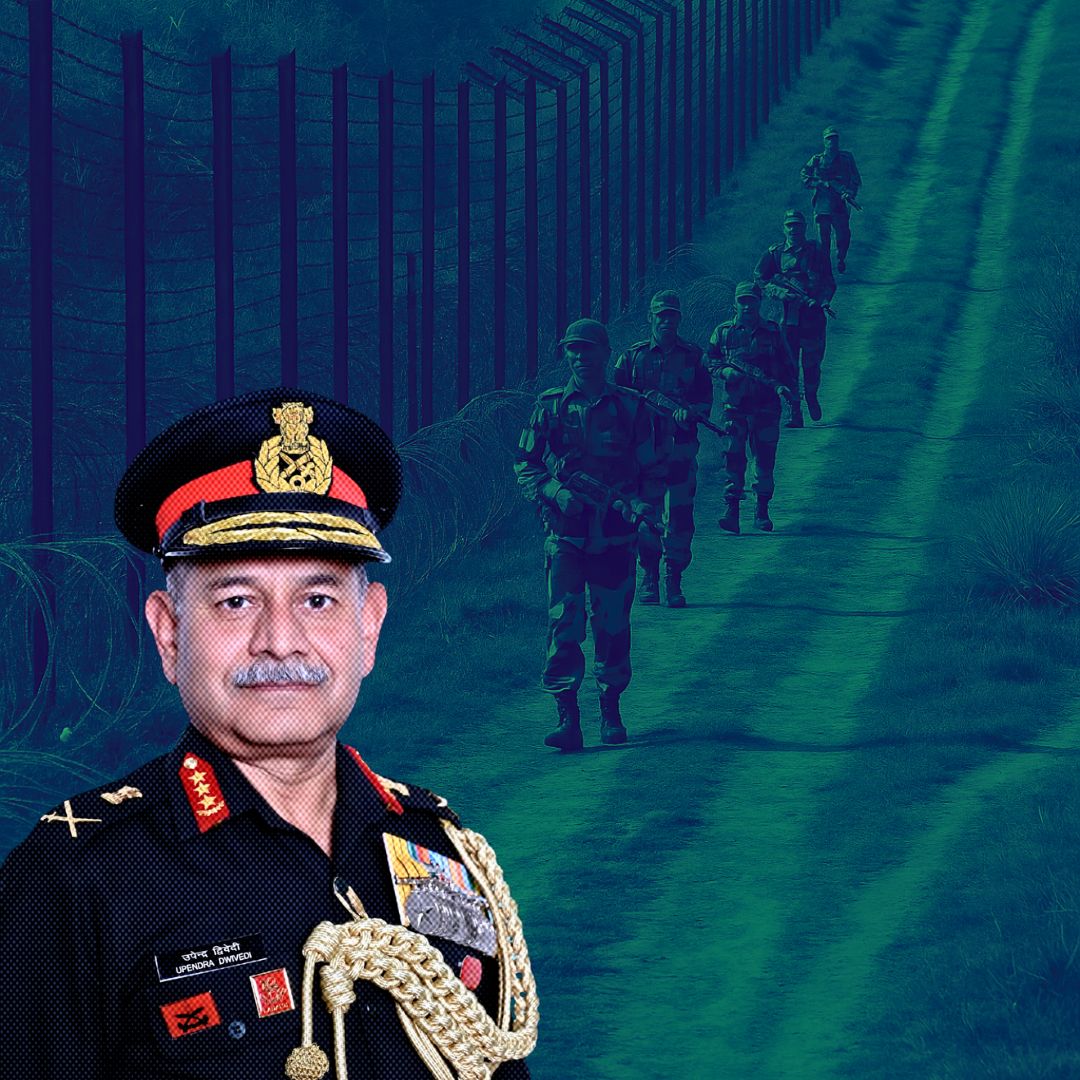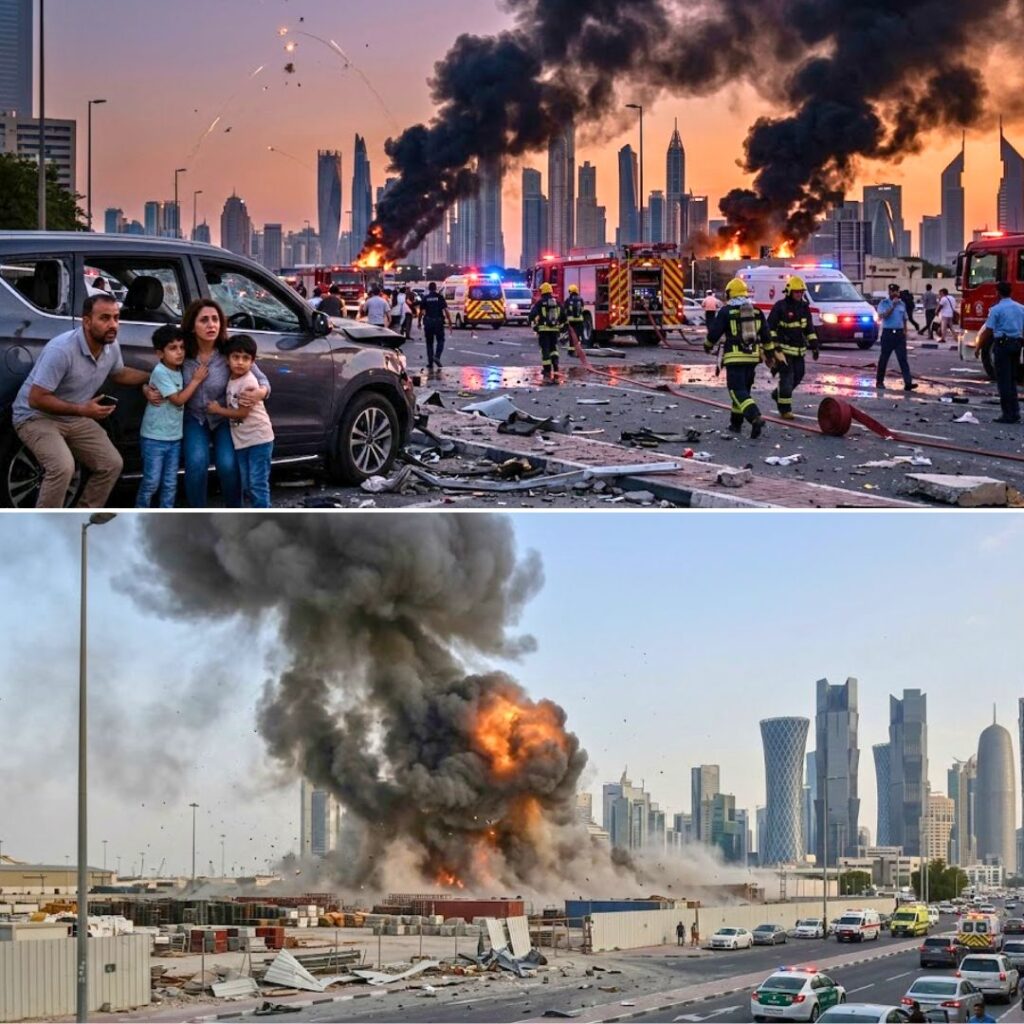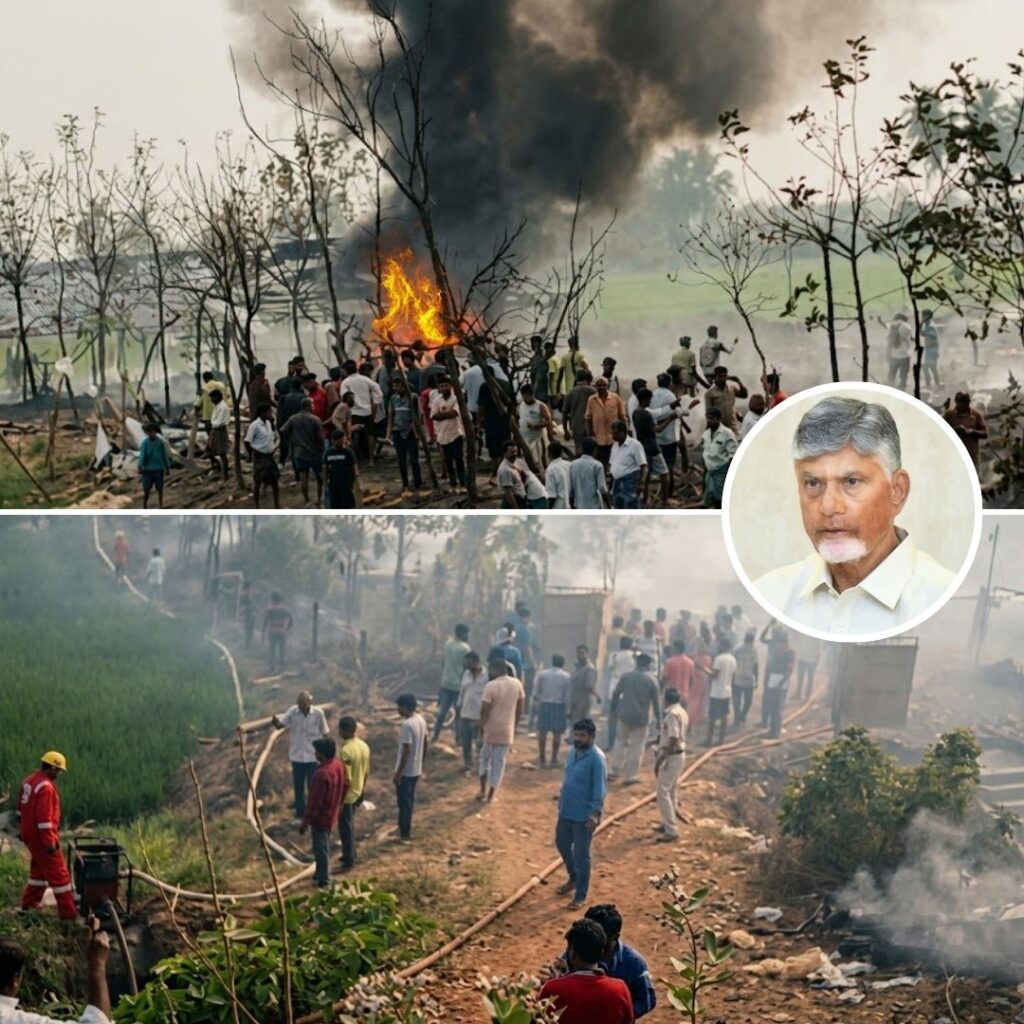In a significant escalation along the Line of Control (LoC), Pakistani forces opened fire at multiple locations in Jammu and Kashmir late Thursday night, just hours before Indian Army chief General Upendra Dwivedi’s scheduled visit to Srinagar and Udhampur on Friday, April 25.
The Indian Army responded swiftly and effectively, ensuring there were no casualties on the Indian side. The incident comes on the heels of the devastating Pahalgam terror attack that killed 26 civilians, intensifying tensions between the two neighbouring countries. Both India and Pakistan have issued strong statements, with India condemning the ceasefire violation and Pakistan warning of further consequences.
Ceasefire Violation Clouds Army Chief’s Visit
The cross-border firing reportedly began late Thursday and was concentrated in the Uri and Poonch sectors, according to defence officials. “There were incidents of small arms firing at some places on the Line of Control initiated by Pakistan. The firing was effectively responded to,” a senior Indian Army official told PTI.
The timing of the incident, just before General Upendra Dwivedi’s high-profile visit to sensitive military installations, has raised concerns about Pakistan’s intentions. General Dwivedi is set to review the security situation, meet with top commanders, and assess ongoing counter-terror operations in the wake of recent attacks. The Indian Army has heightened its alert status across the region, with increased patrolling and surveillance to prevent further escalation.
Rising Tensions After Pahalgam Attack
This latest ceasefire breach comes amid already strained relations following the Pahalgam terror attack, which left 26 people dead, including several tourists. India has blamed Pakistan-based militants for the assault and has taken a series of diplomatic and security measures in response. These include suspending the Indus Waters Treaty, expelling Pakistani military attaches, and closing key border transit points.
In a strongly worded statement, Pakistan’s Deputy Prime Minister Ishaq Dar referred to the attackers as “freedom fighters” and warned that any attempt to disrupt water flows would be considered an “act of war.” Meanwhile, India has briefed foreign envoys and called for international support to counter cross-border terrorism, further raising the stakes in the region.













